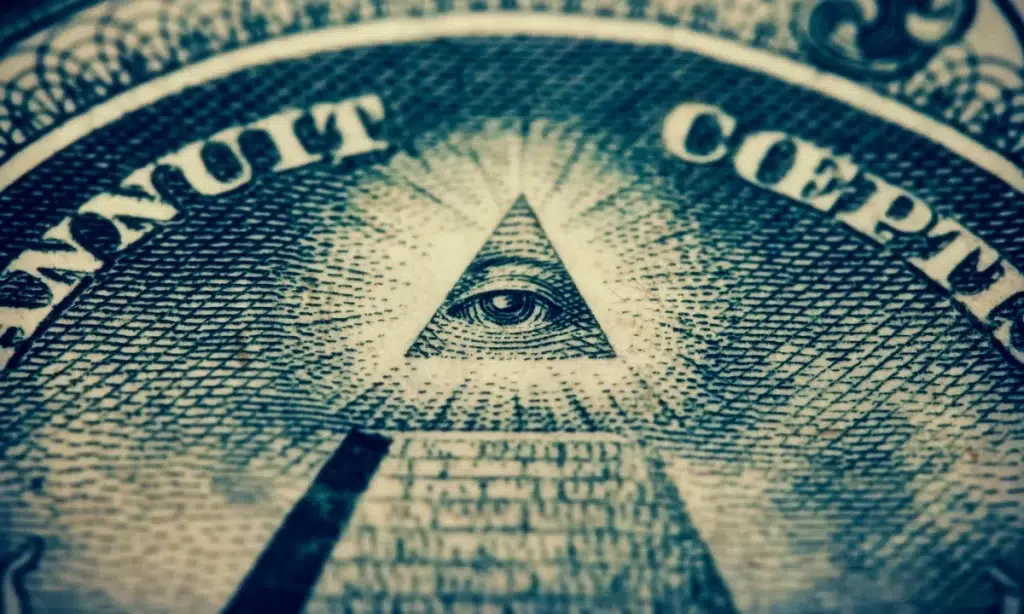Why Blue Economy in NEWS?
India and France have adopted a roadmap on the blue economy and ocean governance to enhance partnership for the exploitation and preservation of marine resources through economic, infrastructure and scientific cooperation.
- India and France have chalked out a roadmap to make the blue economy a driver of progress of their respective societies while respecting the environment and coastal and marine biodiversity.
- Both countries aim to contribute to scientific knowledge and ocean conservation and ensure that the ocean remains a global common, a space of freedom and trade, based on the rule of law.
- According to the roadmap, the two countries would contribute to Sustainable Development Goal 14 of the United Nations Sustainable Development Agenda, which aims to conserve and sustainably use the oceans, seas and marine resources.
- They intend to act in line with international law, particularly the United Nations Convention on the Law of the Sea, the Paris Climate Agreement, the Convention for Biological Diversity, the International Convention for the Prevention of Pollution from Ships, including the initial strategy on the reduction of greenhouse gas emissions from ships, adopted under the International Maritime Organisation.
- They extend their support to the United Nations Decade of Ocean Science for Sustainable Development (2021-2030).
- The roadmap scope will encompass maritime trade, the naval industry, fisheries, marine technology and scientific research, ocean observation, marine biodiversity, marine ecosystem-based management and integrated coastal management, marine eco-tourism, inland waterways, cooperation between competent administrations on civil maritime issues, marine spatial planning as well as international law of the sea and related multilateral negotiations.
- India and France regretted that the ocean has suffered the harmful effects of global warming and pollution due to human activities which are manifested mainly through acidification phenomena, increased stress on natural mineral and biological resources, fall in fish stocks, displacement and loss of marine diversity, pollution – including plastic pollution – coastal erosion and rising sea levels.
- India and France reaffirmed their commitment to promoting cooperation between the European Union and India on the blue economy and ocean governance, in the framework of the common roadmap “EU-India Strategic Partnership: A Roadmap to 2025” and the EU strategy for cooperation in the Indo-Pacific.
Definition of Blue Economy

According to the World Bank, the blue economy is the “sustainable use of ocean resources for economic growth, improved livelihoods, and jobs while preserving the health of ocean ecosystem.”
European Commission defines it as “All economic activities related to oceans, seas and coasts. It covers a wide range of interlinked established and emerging sectors.”
Related terms
Ocean economy
- Ocean economy simply deals with the use of ocean resources and is strictly aimed at empowering the economic system of ocean.
- Blue economy goes beyond viewing the ocean economy solely as a mechanism for economic growth.
- It focuses on the sustainability of ocean for economic growth. Therefore, blue economy encompasses ecological aspects of the ocean along with economic aspects.
Green economy
- The green economy is defined as an economy that aims at reducing environmental risks, and that aims for sustainable development without degrading the environment. It is closely related with ecological economics.
- Therefore, blue economy is a part of green economy. During Rio+20 Summit in June 2012, Pacific small island developing states stated that, for them, “a green economy was in fact a blue economy”.
Blue growth
- A related term is blue growth, which means “support to the growth of the maritime sector in a sustainable way.”
- The term is adopted by the European Union as an integrated maritime policy to achieve the goals of the Europe 2020 strategy.
Blue justice
- Blue Justice is a critical approach examining how coastal communities and small-scale fisheries are affected by blue economy and “blue growth” initiatives undertaken by institutions and governments globally to promote sustainable ocean development.
- The blue economy is also rooted in the green economy and the UN Sustainable Development Goals.
- Blue Justice acknowledges the historical rights of small-scale fishing communities to marine and inland resources and coastal space; in some cases, communities have used these resources for thousands of years.
- Thus, as a concept, it seeks to investigate pressures on small-scale fisheries from other ocean uses promoted in blue economy and blue growth agendas, including industrial fisheries, coastal and marine tourism, aquaculture, and energy production, and how they may compromise the rights and the well-being of small-scale fisheries and their communities.
Also refer :
- National Waterways
- Download the pdf of Important MCQs From the History Of Ancient India
- List Of Important Inscriptions In India







